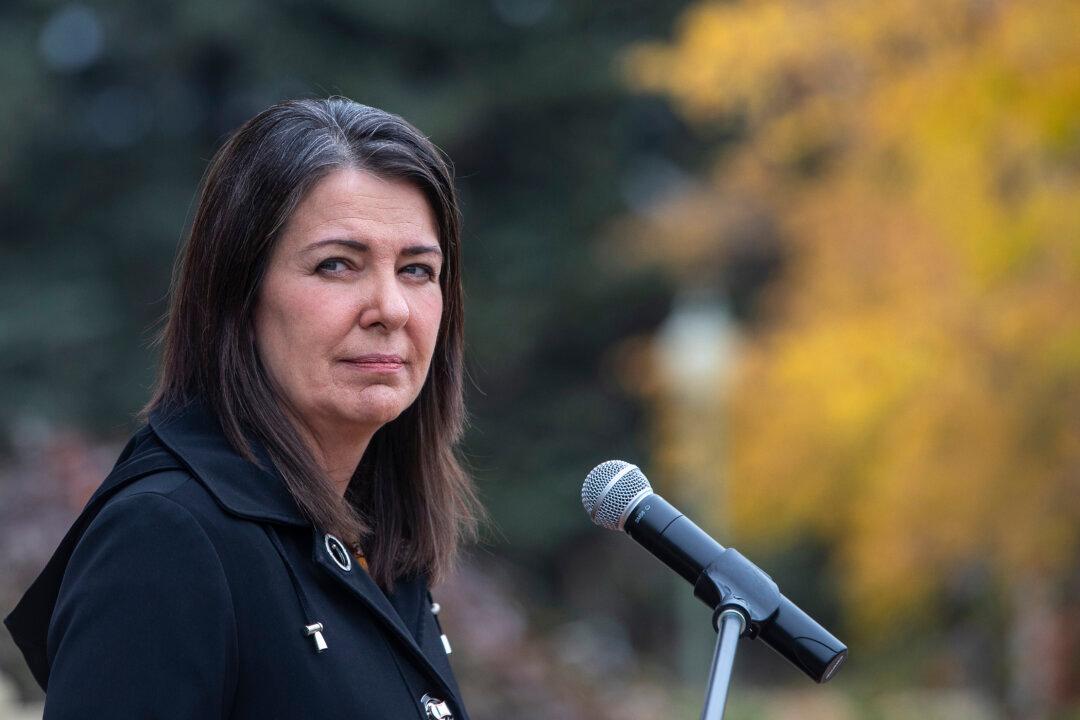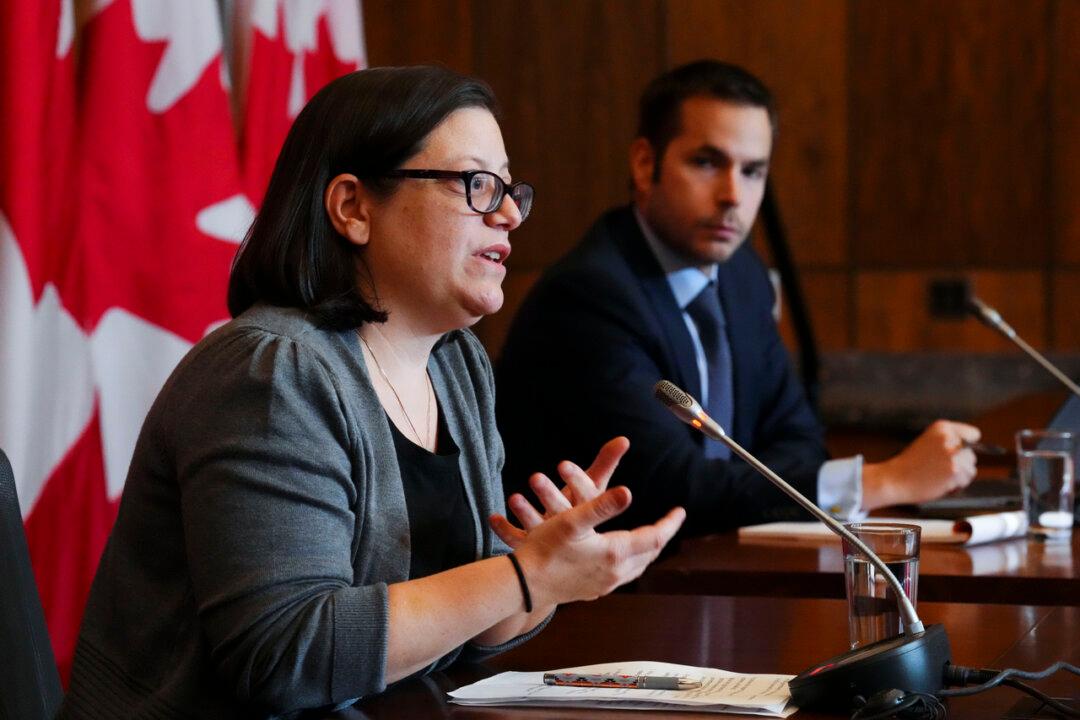The pandemic has heightened stress on farmers, who already had a stressful, uncertain profession; Canadian farmers’ mental health has gotten worse than it was five years ago and is worse than the general population in almost every way, according to researchers from the University of Guelph (U of G).
Researchers led by Dr. Andria Jones-Bitton conducted a study on 1,200 farmers between February and May 2021. The study followed up on Jones-Bitton’s previous findings that showed farmers had higher stress levels and mental health issues than the national average.





